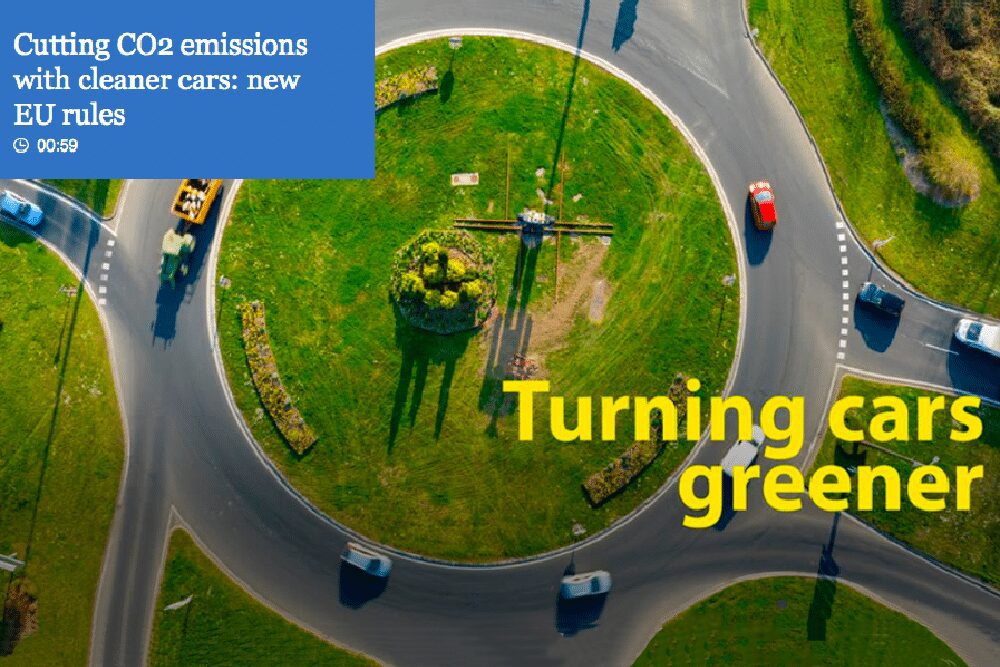Elections in Spain / As Spain gears up for its next general elections, scheduled to take place on the 23rd of July, 2023, political parties are preparing to engage in a fierce battle for seats in the Congress of Deputies. This article provides a comprehensive overview of the electoral process in Spain, highlighting key aspects such as the political landscape, voting system, and the significance of the upcoming elections.
The extraordinary Council of Ministers on 29 May approved the royal decree dissolving the Cortes (Parliament and Senate) and calling for elections to the Congress of Deputies and the Senate, to be held on Sunday 23 July. The election campaign lasted 15 days: it began at midnight on 7 July and ended at midnight on last Friday 21 July. The resulting Houses will meet in constituent sessions on 17 August.
According to the National Statistics Institute, 37,466,432 voters will be able to vote in these elections; 35,141,122 live in Spain and 2,325,310 live abroad. Of the voters resident in Spain, 1,639,179 will be able to participate for the first time in a general election, having turned 18 years of age since the previous vote for the Cortes, held on 10 November 2019.
Political Landscape:
Spain boasts a vibrant political landscape characterized by a multi-party system. Leading parties vying for power include the Spanish Socialist Workers’ Party (PSOE), the People’s Party (PP), VOX and SUMAR, among others. Each party brings its unique ideologies and policy platforms to the forefront, aiming to secure the trust and support of the electorate.
Voting System:
The Spanish electoral system operates on the principles of proportional representation. Constituencies across the country are allocated a specific number of seats, and citizens cast their votes for party lists rather than individual candidates. This system allows for a fair distribution of seats based on the proportion of votes received by each party, ensuring that multiple voices are represented in the Congress of Deputies.
Campaign Period:
In the months leading up to the elections, political parties embark on vigorous campaign activities to sway public opinion in their favour. Candidates crisscross the country, delivering passionate speeches, hosting rallies, and engaging with voters through various media channels. The campaign period offers an opportunity for parties to showcase their policies, connect with constituents, and build momentum towards election day.
Election Day:
On the 23rd of July, eligible citizens throughout Spain will exercise their democratic rights by casting their votes at designated polling stations. The voting process is transparent and efficient, allowing individuals to select their preferred party list. The nation awaits the outcome of this crucial day, as the collective voice of the electorate determines the composition of the Congress of Deputies.
Seat Allocation and Government Formation:
Following the conclusion of voting, seats in the Congress of Deputies will be allocated based on the proportion of votes received by each party. The party or coalition with the majority of seats will have the opportunity to form a government. The leader of the winning party assumes the role of Prime Minister, wielding significant influence over the country’s political direction.
Conclusion Before Elections in Spain:
The 23rd July 2023 elections in Spain hold immense significance as the nation prepares to choose its representatives in the Congress of Deputies. With a dynamic political landscape, proportional representation, and an engaged electorate, the outcomes of this electoral process will shape the future of governance in Spain. Stay tuned for further updates and analysis as probably tonight will have the results.














